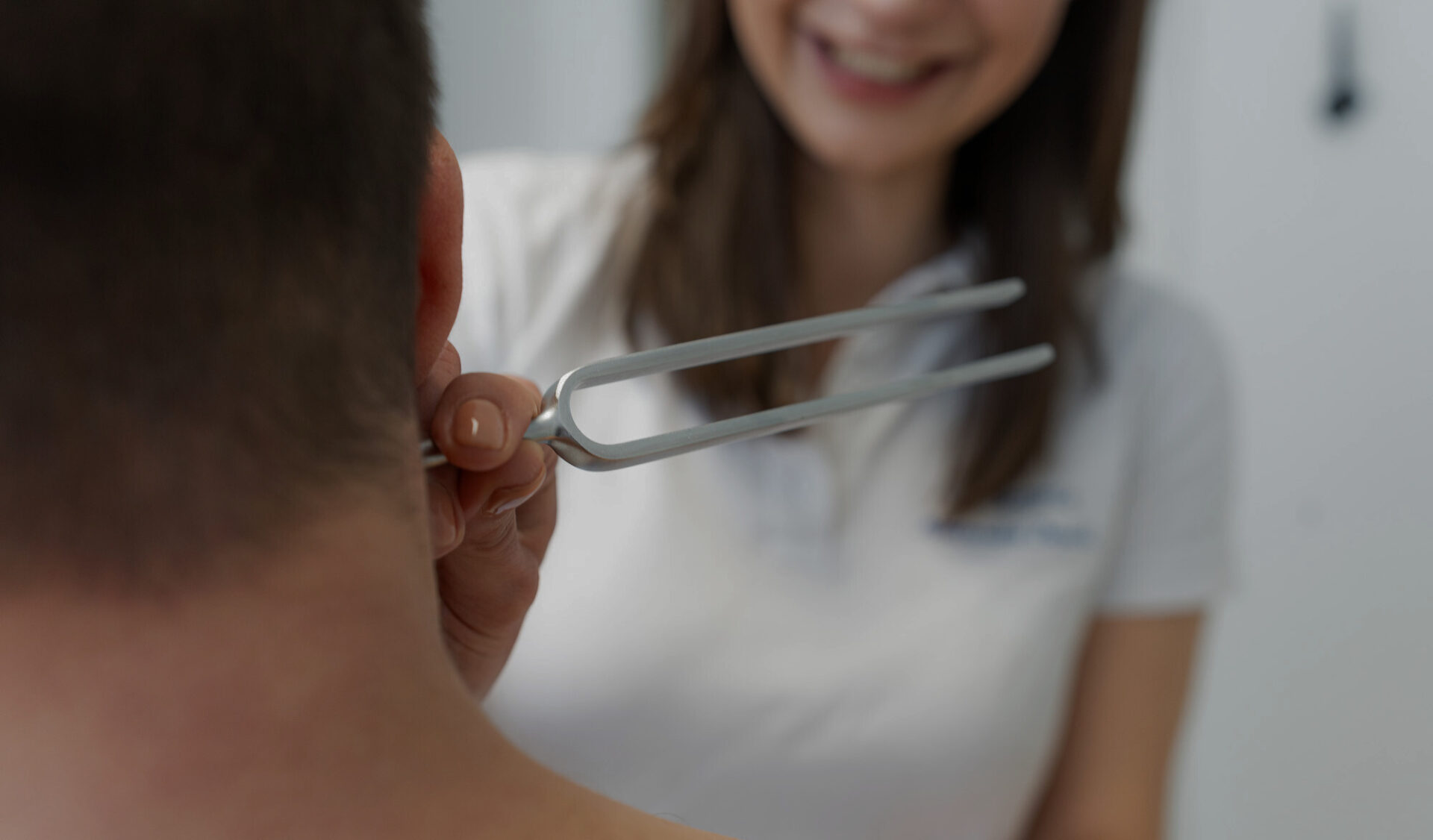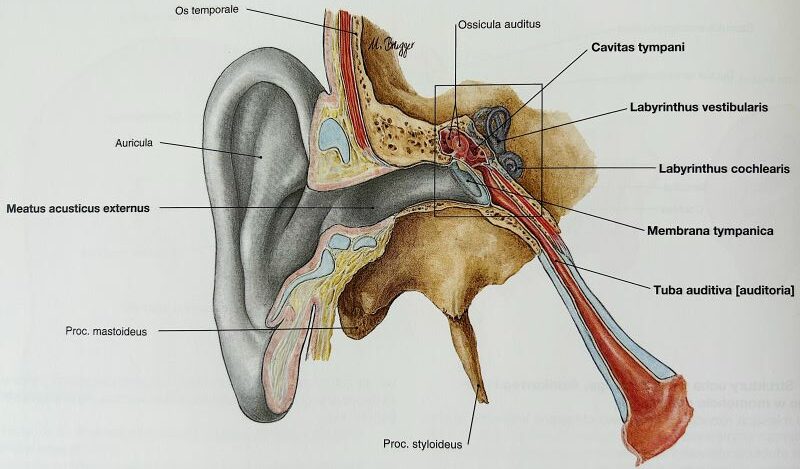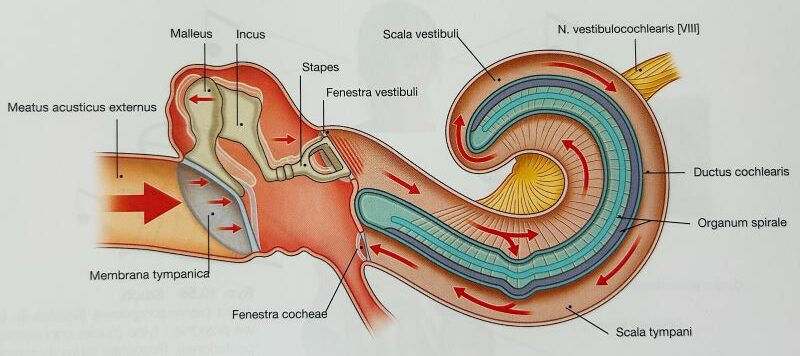Head: Tinnitus
What is tinnitus?
Tinnitus is commonly described as a ringing sound, some people hear other types of sounds, such as buzz, roar, whistle, hum, click, hiss, or squeal.
The sound may be soft or loud and may be low or high pitched. It may come and go or be present all the time. Sometimes, moving your head, neck, or eyes, or touching certain parts of your body may produce tinnitus symptoms or temporarily change the quality of the perceived sound.Is the perception of sound that other people cannot hear.
For children and adults, condition may improve or even go away over time, but in some cases, it worsens with time.





